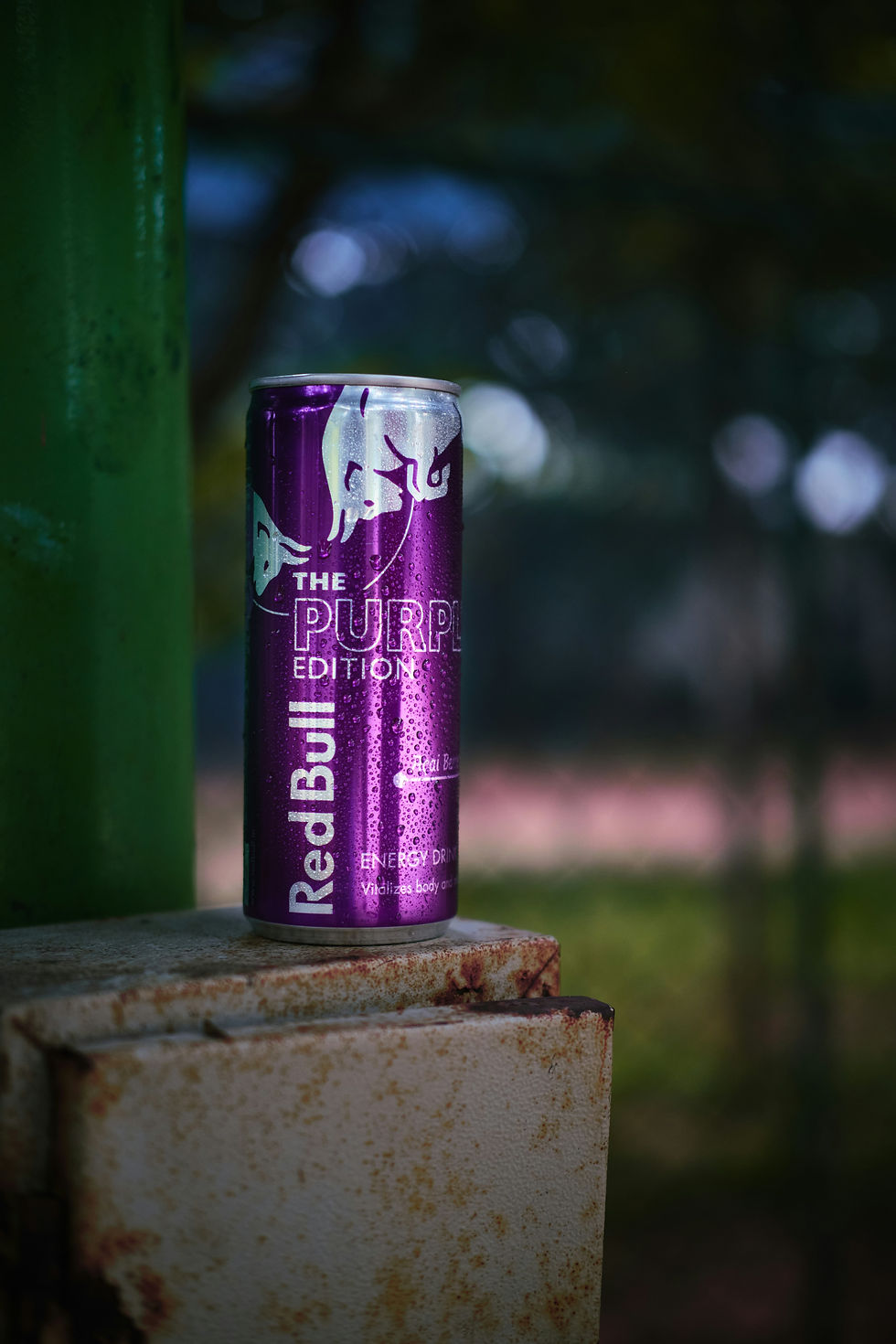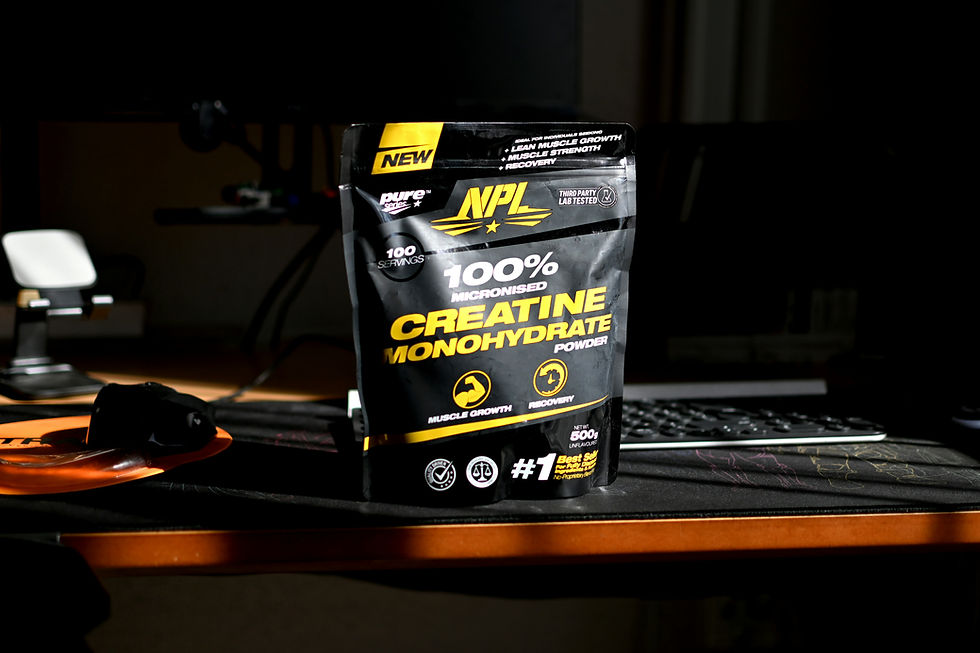Complete guide to supplementation to increase muscle mass
- Angelo Siviero

- Nov 8, 2024
- 4 min read

When trying to gain muscle mass, regular training and a proper diet are essential. However, supplementation can play a key role in improving performance and accelerating results. Here we explain the best supplements for muscle growth, based on scientific studies, with dosages, timing and contraindications.
Supplements to take in pre-workout
Both caffeine and taurine found in many energy drinks are commonly used in supplements to enhance athletic performance and may be useful in bodybuilding for a variety of reasons, such as increased energy and endurance. Both caffeine and taurine may be useful in bodybuilding, due to their synergistic effect on improving energy , endurance , and muscle recovery . However, caffeine, in particular, may offer greater benefits for increasing strength and power, while taurine may be more useful for muscle recovery and endurance.

Supplements to increase muscle mass (post-workout)
Creatine: The Queen of Supplements
Creatine is one of the most studied and used supplements for improving strength and muscle growth. It works by increasing the stores of phosphocreatine in the muscles, helping to produce energy during intense physical activity.

Dosage : 3-5g daily, preferably after training or at any time of the day as needed.
Timing : constant daily intake, with or without a "loading" phase (20 g per day for 5-7 days).
Contraindications : Creatine is generally safe, but may cause water retention in some individuals. Avoid if you have kidney problems.
Studies : A comprehensive study on creatine and its effects on increasing strength and muscle mass can be found here: PubMed - Creatine and Performance .
Protein Powder: Essential for Protein Synthesis
Protein powders, such as whey protein , are useful for ensuring sufficient protein intake, which is essential for muscle synthesis.

Dosage : 20-40 g immediately after training or as a snack during the day to meet your daily protein requirement.
Timing : Ideally, immediately after training to maximize muscle protein synthesis.
Contraindications : not recommended in case of milk allergies or lactose intolerance (opt for vegetable proteins in this case).
Studies : The effect of whey protein on protein synthesis and muscle growth has been studied in detail in this paper: PubMed - Protein and Muscle Growth .
Beta-Alanine: Increased Muscle Endurance
An amino acid that helps reduce the build-up of lactic acid in muscles, thereby improving endurance and performance in high-intensity workouts.

Dosage : 2-5 g daily, divided into 2 doses to reduce the risk of side effects such as tingling.
Timing : Take throughout the day, regardless of training.
Contraindications : Beta-alanine may cause a mild tingling sensation (paresthesia), which is harmless but uncomfortable for some.
Studies : Beta-alanine has been extensively studied for improving athletic performance and endurance. Here is a study demonstrating its benefits: PubMed - Beta-Alanine and Performance .
HMB (Beta-hydroxy beta-methylbutyrate): muscle protection
A metabolite of leucine, useful for preventing muscle degradation , particularly suitable for those in the early stages of training, less so for trained subjects.

Dosage : 3 g per day.
Timing : daily intake, preferably divided into 2-3 doses.
Contraindications : Generally safe, but effectiveness decreases in already trained people(
HMB is particularly useful for reducing muscle breakdown and increasing lean mass, as shown in this study: PubMed - HMB and Muscle Growth .
Omega-3: Improve protein synthesis
Omega-3 fatty acids, like fish oil, are known for their anti-inflammatory properties and their contribution to muscle protein synthesis through the mTOR signaling pathway. They are commercially available in the form of gelatin capsules containing the oil.

Dosage : 1-3 g of EPA/DHA per day.
Timing : take during meals.
Contraindications : Avoid excessive intake in case of coagulation disorders or before surgery.
Studies : Omega-3s are known for their anti-inflammatory properties and improved muscle protein synthesis. Here is a study examining their effects: PubMed - Omega-3s and Muscle Synthesis.
Betaine: What it is and how it works
Betaine (or trimethylglycine ) is a compound derived from choline, an essential nutrient. It is found naturally in foods such as beets, spinach, whole grains, and shellfish. It is involved in various biochemical processes, including homocysteine metabolism , liver health support, especially in the management of fatty liver disease . Additionally, some studies suggest that betaine may improve physical endurance and muscle strength , by supporting cellular hydration and protein synthesis.

Dosage: depending on the effects sought from 1.5 to 6 g per day in divided doses.
Timings: Betaine can be taken at any time of the day, but to get the most out of its performance benefits, it is often taken before workouts. For homocysteine reduction, it is recommended to take it with meals.
Contraindications: In high doses, betaine can cause digestive problems such as nausea, diarrhea, or bloating.
Studies : Here is a study that examines the properties of betaine: Pubmed - Beneficial effects of betaine.
Conclusions
Supplementation can accelerate results, but it must be combined with a balanced diet and consistent training. Each supplement has its own specific role and, if taken in the right doses and timing, can be extremely useful in promoting muscle growth. However, it is important to consult a doctor or nutritionist before starting any supplementation protocol.





Comments